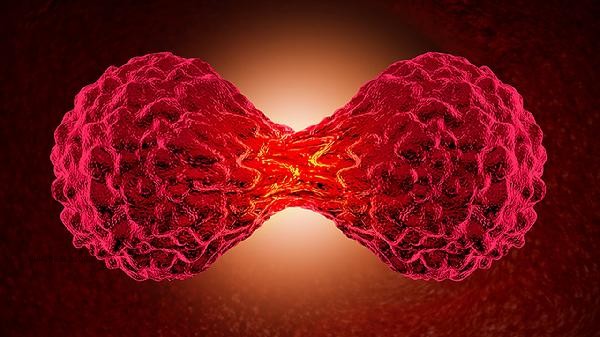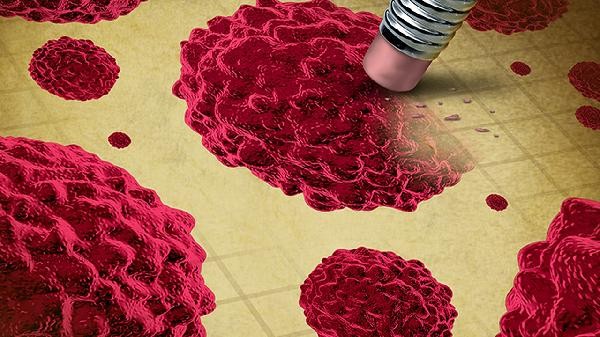A high percentage of monocytes usually does not require direct medication, and the cause should be identified before targeted treatment. Possible causes include virus infection, tuberculosis, autoimmune disease, blood system disease and parasitic infection.

1. Viral infection:
EB virus, cytomegalovirus and other infections often lead to an increase in monocytes. Generally, no special medication is required. Antiviral drugs such as acyclovir and ganciclovir can be used, but they must be used under the guidance of a doctor. Symptomatic treatment is necessary when accompanied by symptoms such as fever and sore throat.
2. tuberculosis:
Active tuberculosis will cause an increase in the proportion of monocytes. The standard treatment plan includes the combination of isoniazid, rifampicin, pyrazinamide and other anti tuberculosis drugs, and must strictly follow the principle of regular medication throughout the entire process.
3. Autoimmune diseases:

Rheumatoid arthritis, systemic lupus erythematosus, and other diseases may cause monocyte abnormalities. Commonly used immunosuppressants include methotrexate and leflunomide, and glucocorticoids such as prednisone can also be used to control inflammatory responses.
4. Hematological disorders:
Hematological disorders such as chronic myelomonocytic leukemia need to be diagnosed through bone marrow puncture. Therapeutic drugs may include hydroxyurea, interferon, etc., and some cases require hematopoietic stem cell transplantation.
5. Parasitic infection:
Parasitic infections such as malaria and black fever can lead to an increase in monocytes. Antimalarial drugs such as chloroquine, artemether, or antimony to treat kala azar require the selection of treatment plans based on the specific pathogen. When a high percentage of monocytes is found in [SEP], it is recommended to improve further diagnosis through blood smear examination, pathogen testing, and autoantibody screening. Maintain sufficient rest in daily life and avoid overexertion; Pay attention to supplementing high-quality protein and vitamin C in diet, such as eggs, lean meat, and citrus fruits; Chronic disease patients need to undergo regular blood routine check ups. If accompanied by symptoms such as persistent fever, weight loss, and lymph node enlargement, timely medical attention should be sought from the hematology department.










Comments (0)
Leave a Comment
No comments yet
Be the first to share your thoughts!